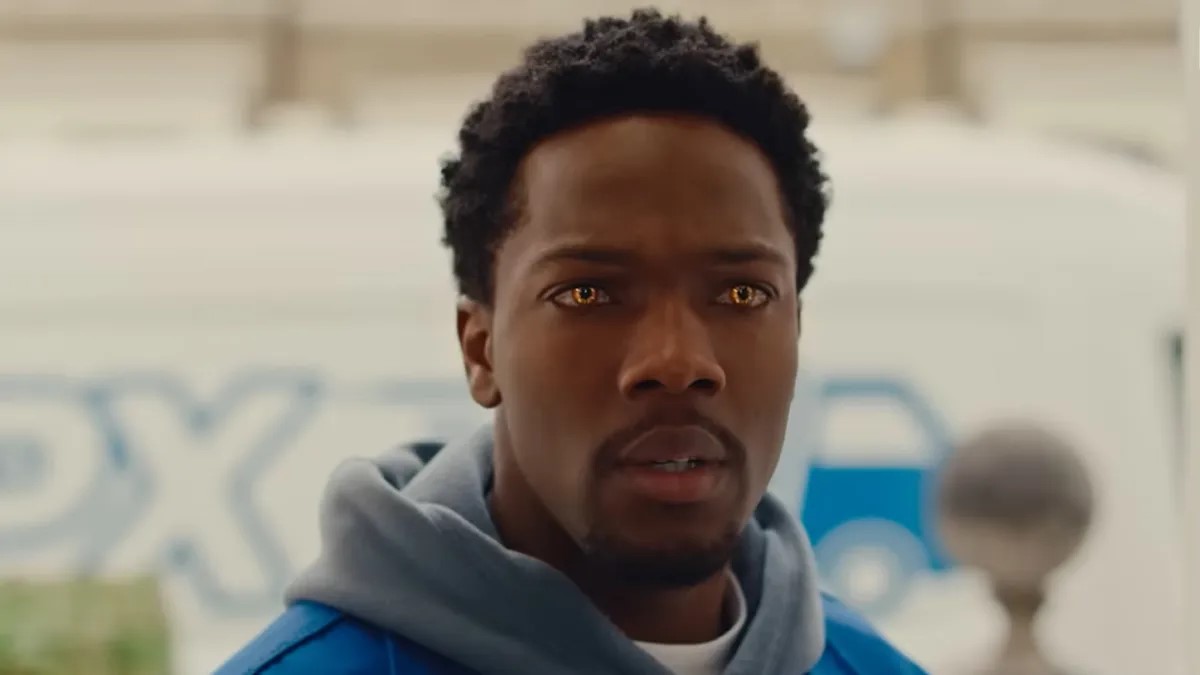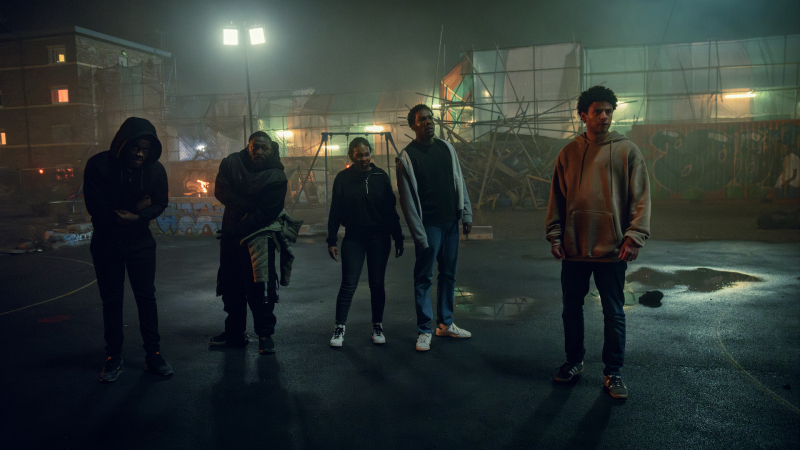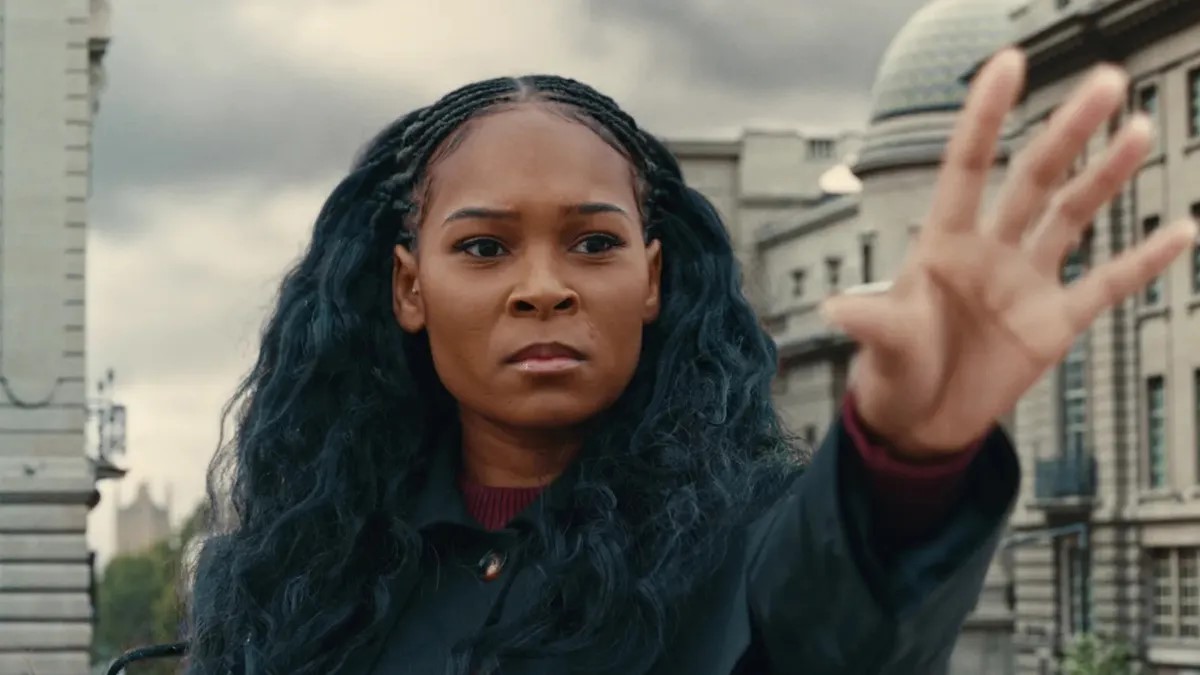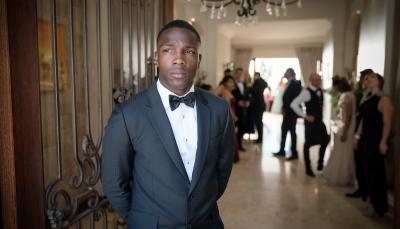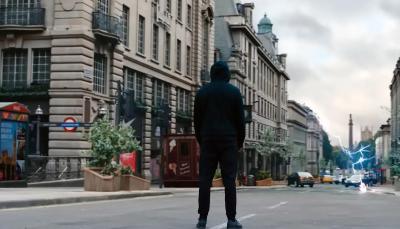'Supacell' is Super Good TV
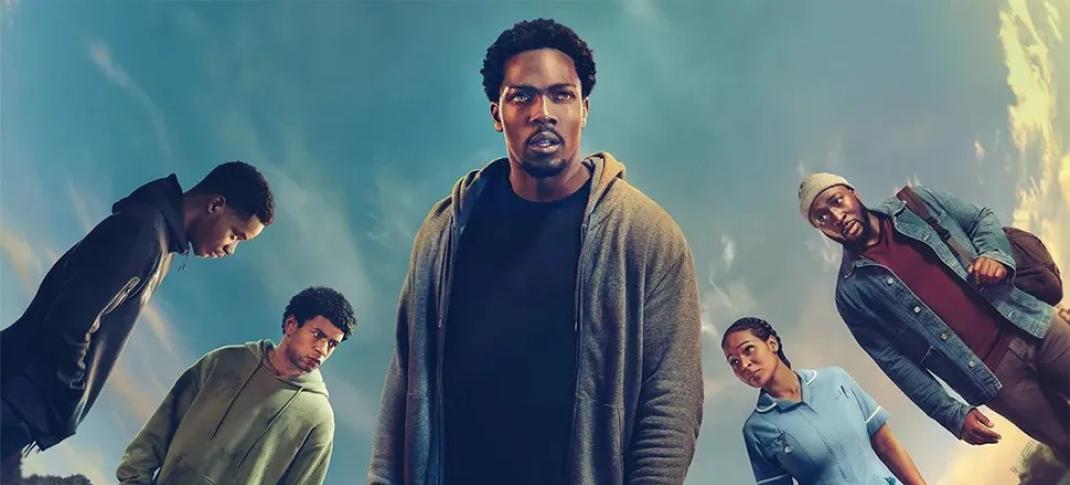
Tosin Cole and the main cast of Supacell, South London's newest superheroes.
Netflix
A former Doctor Who star, a decidedly not family-friendly superhero thriller, and a Spotify playlist-worthy rap soundtrack may seem like an unlikely combination. However, first-time showrunner Rapman proves he can pull off just about anything in his TV debut, Supacell. Landing on Netflix just in time for the July 4th holiday, the series follows five average South Londoners who suddenly develop superhuman powers. It feels tailor-made for fans of cynical superhero satire series like The Boys or Marvel's more pointed one-off Disney+ series like Hawkeye or The Falcon and the Winter Soldier.
Even better, it’s also for people exhausted by Marvel’s cookie-cutter churn and the vagueness with which Marvel properties try to say anything about society. Supacell is part of a veritable renaissance of Black British TV, along with recent shows that made their way to the U.S., like Queenie, Boarders, and Dreaming Whilst Black.
Supacell’s fresh, out-of-the-box approach to the superhero narrative is more than likely due to its creator’s wide-ranging background in just about everything but TV. After several years as a successful rapper and record producer, Andrew Onwubolu (better known by his stage name, Rapman) took to the screen, writing and directing music videos, a YouTube series, and a feature film. Supacell is his first TV series, and Rapman was involved in almost every level of the production, serving as creator, showrunner, writer, and lead director.
So how exactly did Rapman get the superhero story so right? To start, the pacing is nearly perfect, with an insistent, forward-motion hum that originates from the first episode’s shocking pre-credits sequence where a woman is chased down the corridor of what looks to be a hospital-like prison or institution, blowing open a wall before she is shot and killed by guards. The in-media-res start then drops viewers in the middle of an average day on the average streets of South London. The questions that the opening scene raises linger throughout every second of the remaining episodes.
The action in South London kicks off when Michael (Tosin Cole), an average-joe mail carrier about to propose to his girlfriend Dionne (Adelayo Adedayo), suddenly realizes he can skip backward in time. Soon, he is whisked away to the future by his future self, who is there to tell him that his girlfriend will die in a few months unless he can unite with four strangers named Tazer, Sabrina, Andre, and Rodney.
One by one he meets those four other superpowered South Londoners: Tazer (Josh Tedeku), a young gang member eager to gain power for himself and his gang; Sabrina (Nadine Mills), a nurse looking out for her reckless younger sister; Andre (Eric Kofi-Abrefa), a father of a teenage boy struggling to get by; and Rodney (Calvin Demba), a carefree young man selling weed with his buddy on the streets of South London. All these people are “Supacells,” those with a genetic mutation that gives them any number of superpowers, from time travel to superspeed to telekinesis.
As the series unfolds, they all develop connections with the trap house where Tazer and Rodney buy their drugs, and it’s also revealed that they all have a family history of sickle cell disease. These connections bring the show's conflicts out of the fantastical and into the everyday. Their powers contrast with entirely human struggles that superpowers can’t always fix, like domestic abuse, illness, unemployment, and gang violence.
As the ensemble's lead, Cole has come a long way since his stint in the TARDIS. He still has the same kind-hearted charm he brought to Doctor Who companion Ryan Sinclair, but he’s grown up quite a bit in the last five years. His character, Michael, suffers slightly from the show’s need to have a generally relatable (read: kind of bland) protagonist to hold down the plot. But Cole shines in Michael’s quietest, most intimate moments when he has vulnerable conversations with his fiancée Dionne and ailing mom.
While Cole stands out, Adedayo's Dionne is relegated to the background. The show does an unfortunate screenwriting magic trick by essentially fridging her in Episode 1 while still keeping her around to play only slightly more than a one-dimensional trope. The way her job as a social worker intersects with the trail of missing people with superpowers is one of the most compelling threads of Supacell, but it’s undercut by her role as a weepy girlfriend in Michael’s story.
For all its freshness, Supacell bears an uncanny resemblance to a lamentably overlooked show from 2022/2023, Sky Max’s The Lazarus Project. Both shows feature a millennial-aged man who develops time travel-related superpowers overnight and discovers that his partner will die unless he uses his powers to change the future. He meets other people who share his powers and discovers forces beyond the government (beyond humanity?) who are pulling strings behind the scenes. These similarities aside, Supacell makes a more intimate and thoughtful commentary on the connection between the show’s fantastical powers and our world, a landing that The Lazarus Project didn’t quite stick.
Supacell’s biggest selling point is that it uses the character's experiences of having magical powers as a parable for the Black lived experience. The sickle cell subplot and the implication Supacells are involuntarily subjected to testing recall the history of medical racism and non-consensual testing on Black patients. As for these illegal imprisonments and disappearing citizens, no one is sounding the alarm because they're Black. Also, the series creator’s musical origins are apparent, with a stellar soundtrack featuring contemporary British rap and hip-hop greats like Ghetts and Digga D. Much of the music is dietetic; the musicality of the characters’ world both grounds them in the real world and heightens the more dramatic, supernatural scenes.
The slow and steady buildup of clues about the institution that’s introduced in the opening of the first episode pays off in a major way by the end of the series but leaves more questions than answers. The final episode is an epic showdown with all the twists, reveals, action, and gore you could ask for from a superhero thriller. Supacell demands a second season.
All episodes of Supacell are streaming now on Netflix. Fingers crossed for Season 2.

